
The actor Dan Aykroyd sang on "We Are The World." LaToya Jackson did too, so we know they weren't all that picky.
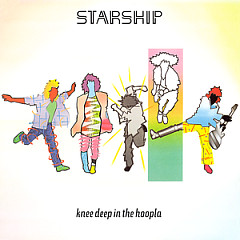
Elton John's songwriting partner Bernie Taupin wrote the original lyrics for Starship's "We Built This City." It was the first Hot 100 Top 10 hit Taupin wrote without John.

Lucinda Williams wrote and recorded "Passionate Kisses" 4 years before it was a hit for Mary Chapin Carpenter.
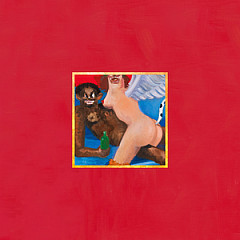
"Dark Fantasy" by Kanye West opens with a reinterpretation of Cinderella as read by Nicky Minaj.
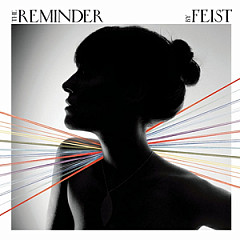
Feist's "1234" is "about lost love, and the hope to recapture what you once had," but it's best known for the Sesame Street version about counting to four.

The '60s hit "Then He Kissed Me" covered by The Beach Boys as "Then I Kissed Her."
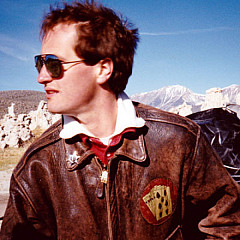
Nick made some of the biggest videos on MTV, including "The Final Countdown," "Heaven" and "Don't Know What You Got (Till It's Gone)."
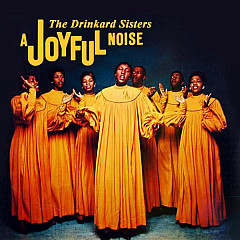
A big list of musical marriages and family relations ranging from the simple to the truly dysfunctional.
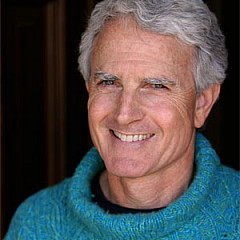
The first of Billy's five #1 hits was the song that propelled Madonna to stardom. You'd think that would get you a backstage pass, wouldn't you?
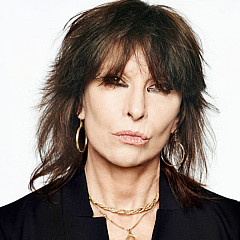
The rock revolutionist on songwriting, quitting smoking, and what she thinks of Rush Limbaugh using her song.
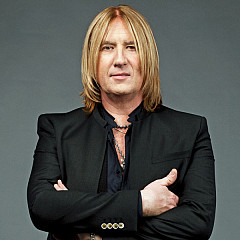
The Def Leppard frontman talks about their "lamentable" hit he never thought of as a single, and why he's juiced by his Mott The Hoople cover band.
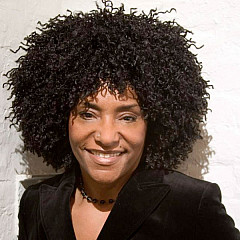
The lead singer on "Da Doo Ron Ron" and "Then He Kissed Me," La La explains how and why Phil Spector replaced The Crystals with Darlene Love on "He's A Rebel."